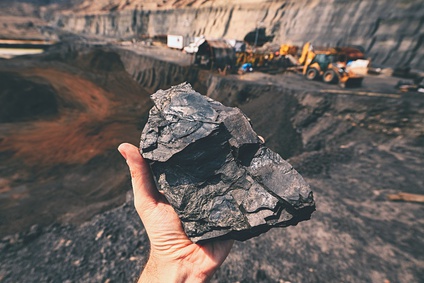Get ready Albertans, you’re about to pay a steep bill to kill coal

If similar policies elsewhere in Canada are any indication, Albertans can expect to be stuck with a hefty bill.Albertans wondering what their electricity bills might look like in the next few years should pay close attention to the Alberta government’s ambitious greenhouse-gas-reduction agenda. That plan, revealed in November, aims to increase Alberta’s carbon tax (which is already underway) and shut down coal plants early, while subsidizing alternative power generation.
Until recently, Alberta avoided tapping consumers or taxpayers in order to “go green.” Despite this, coal-fired electricity generation already dropped from 66 per cent of the electricity grid in 1996, to 38 per cent last year, and was on track to decline to just 10 per cent by 2034.
Meanwhile, wind and natural gas were set to rise to 11 per cent and 74 per cent of electricity generation, respectively, by 2034, up from nine per cent and 44 per cent respectively in 2015.
All of that greening was already in the power pipeline before the new government committed itself to forcing coal power down to zero by 2030.
So here’s a question: What will it cost to kill coal completely by 2030?
To answer that, first consider Alberta’s recent power prices. While volatile, from 2002 to 2015, electricity prices in the province rose just 16 per cent, slower than the consumer price index (34 per cent) and much slower than prices of government-delivered items like public transit (69 per cent) and water (91 per cent).
All of that is about to change, however. The provincial government’s plan to double the tax on carbon emissions — as a start — will cost the average Alberta household $480 annually by 2018, and twice that amount by 2030. That’s according to the Climate Leadership Plan commissioned by the Alberta government.
An extra thousand dollars a year will be a burden, although the government plans to subsidize some consumers.
But there is no “free lunch,” as subsidies must also be paid for from someone’s pocket. Besides, governments routinely underestimate increased power costs (for everyone—consumers taxpayers, and businesses) when they hurry to kill off coal plants.
Ontario is a perfect example. In 2006, its government decided to end all coal-fired electricity generation, about one-quarter of the power generated in the province at the time. This capacity was to be replaced with power sourced from renewable energy such as wind and solar, with the help of guaranteed price programs (feed-in tariffs). Power prices subsequently grew from five cents per kWh in 2004 (pre-announcement) to nine cents per kWh in 2014, an 80 per cent increase.
Even the province’s “cheaper” post-2009 subsidies will, according the Ontario Auditor General, lead to an additional $9.2 billion paid to alternative power producers over 20 years.
Alberta’s government says it will avoid feed-in tariffs, but the Climate Leadership report made clear the province will subsidize green energy in other ways.
The cost of replacing Alberta’s coal-powered electricity generation with more expensive renewable alternatives will thus also be significant. One Standard & Poor’s estimate is that $7 billion in additional debt will be contracted by power companies required to build green energy projects sooner than expected.
Then there is the other iceberg Albertans are about to sail headlong into: The province’s new policy of accelerating the shutdown of coal plants means significant costs for consumers, taxpayers, and shareholders. An early coal phase-out will create obligations for government to compensate companies that own coal-fired facilities to the tune of between $5 billion and $15 billion, according to EDC Associates Ltd.
The Alberta government’s artificial and forced “hurry up” green plan means killing cheap power. That inevitably means much higher electricity bills — all this for “zero coal” by 2030 as opposed to 10 per cent coal-generated electricity by 2034.
The government should be upfront about these costs so that Albertans can understand the policies they may soon be called upon to finance. Or better yet: Perhaps the new government may wish to rethink their rush.
Mark Milke and Youri Chassin are the authors of “Green Energy Subsidies: Is Alberta Jumping on the Bandwagon?” published by the Montreal Economic Institute.

